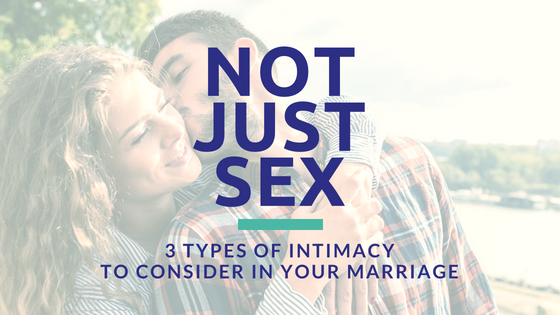What do you think of when you hear the word play?
The idea of play is often associated with children, but there is much value in bringing play into our adult lives and relationships. Play can be defined as - to take part in enjoyment, fun, and activity. Esther Perel, psychotherapist and New York Times bestselling author, defines play as “the pleasure of being inventive, mischievous, imaginative, and trying something new.”
This leads us to the question — What are the benefits, and how can couples soften and get grounded through play?
Incorporating playfulness can have a positive impact on our wellbeing and relationships. Daily life is full of schedules, logistics, and productivity. Play itself isn’t result-oriented — the only goal is to experience pleasure. It gives us the opportunity to be present, loosen up the seriousness, and reconnect with ourselves and our partners. Other benefits include stress relief, improved brain function, increased energy, and stimulation of creativity.
Research also shows that play can ease conflict, bring security and connection to you and your partner, and be a way to punch through the hard times so you can get to the other side. According to research by psychologists and authors John and Julie Gottman, couples need a ratio of 5 good experiences to 1 negative experience. Play creates a more positive experience, which can balance the negative. A great way to increase the positive is to intentionally bring fun into your relationship. This creates a buffer for negativity and conflict… and can perhaps cut the tension in difficult moments.
One way to channel play is to reflect on the spirit of a child — curious, carefree, and in the present moment. Some ways to increase play in your relationship include trying a new hobby like painting or boxing, eating your favorite popsicle like you did when you were younger, or dancing to music together. Find things that bring a smile to your face and make you giggle like a little kid. If you need some pointers, Esther Perel has a new card game to help people connect through play called the Where Should We Begin Game.
So, how are you going to play today?
Article by Sarah Imparato, MA, LMFT Associate





































































